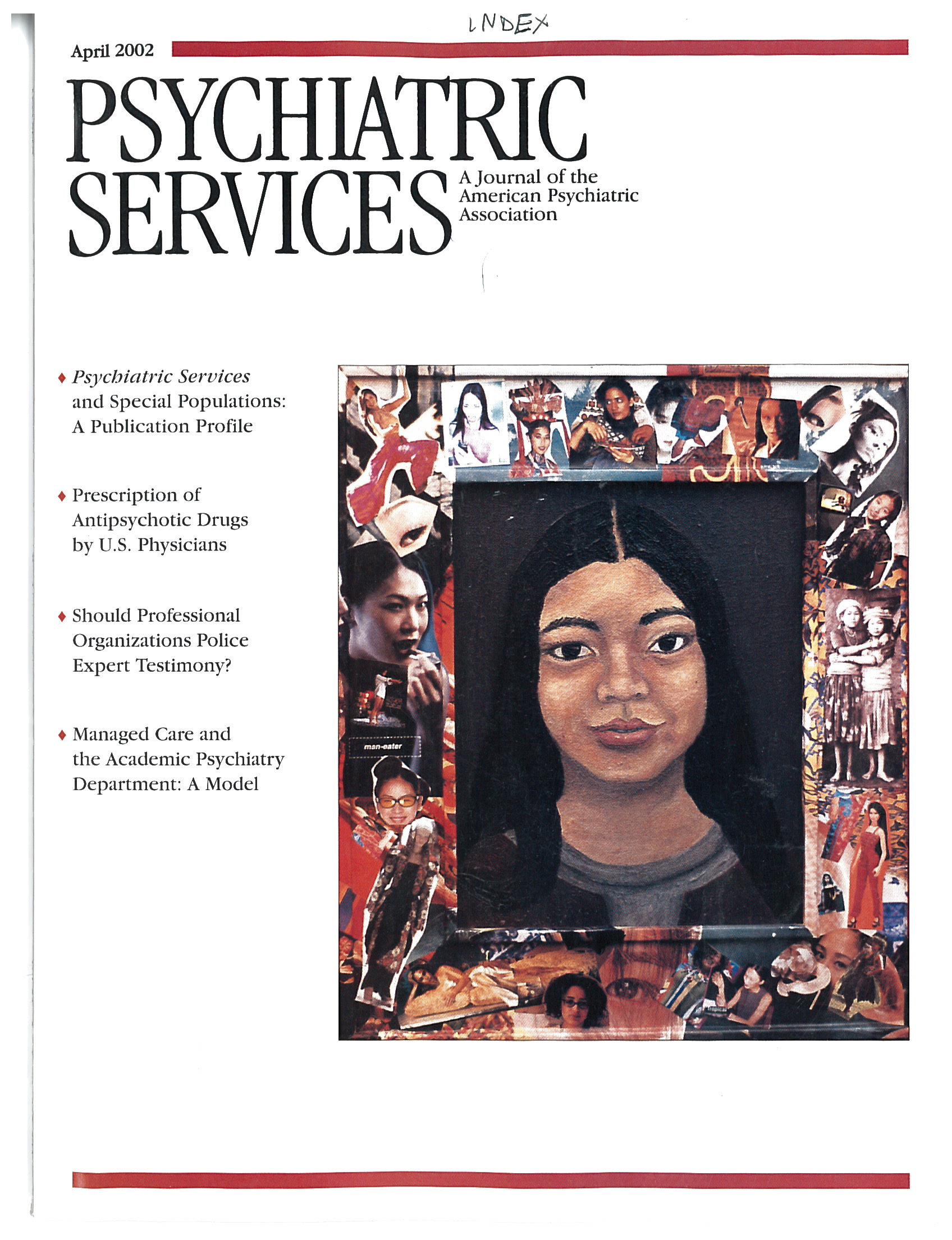Consumer & Family Information: Hypochondriasis
Hypochondriasis is a psychiatric disorder that affects millions of people. It has been estimated that one in 20 people who seek outpatient medical care suffer from this disorder. People with hypochondriasis are excessively concerned that they may have a serious disease. Their fears and anxieties may be mild and fleeting or can escalate to a pervasive sense of dread. The diagnosis of hypochondriasis is made only if the symptoms described below persist for at least six months.
Symptoms
People with hypochondriasis misinterpret benign physical sensations as evidence that they have a serious illness. They are not faking their symptoms, and their anxiety about them is real. Sensations they focus on are a rapid heartbeat, stomach rumblings, sweating, or dizziness on standing up. They may become highly concerned about minor physical problems such as an occasional cough or a temporary condition such as ringing in the ears (tinnitus).
Reassuring people with hypochondriasis that these symptoms are not signs of a serious disease does not help. Moreover, because they do not have the condition they fear they have, their problem does not respond to routine medical treatment. In fact, medical treatment often leads to undesirable side effects and new symptoms.
Hypochondriasis can be as debilitating as many chronic physical illnesses, impairing a person's ability to function at work and to have satisfying relationships with other people. Unless it is treated, hypochondriasis is generally a lifelong problem; however, most people with this disorder refuse referral to a mental health professional. They may see such a referral as a suggestion that they are imagining or fabricating their symptoms. They may also believe that their physician is trying to get rid of them by sending them to another professional.
Most people with hypochondriasis have received a great deal of medical care without resolution of their symptoms or their anxiety. They are frustrated with their past care and their past physicians, and often their physicians are frustrated with them.
Treatment
Satisfactory care for people with hypochondriasis begins with a trusting relationship with a physician that can be maintained over time. Patients should visit the physician's office for medical care on a regular schedule, even when they are not experiencing symptoms. The patient and the physician should agree on the frequency of visits. Laboratory studies, diagnostic tests, and surgery should not be done unless they are clearly needed.
It is important to find a physician who understands that the symptoms are real and not fabricated. Some patients find it helpful when a physician explains to them that they are exceptionally sensitive to normal fluctuations in bodily functioning. However, because patients with hypochondriasis are as likely as other patients to develop a physical illness that requires treatment, the physician must remain open and attentive to the possibility of medical causes for the symptoms.
People with hypochondriasis can be helped by a mental health professional if they can be persuaded to see one. A variety of psychotherapies, including cognitive-behavioral therapy, can be effective. Psychotherapy, in individual or group sessions, helps people understand problematic thought patterns, beliefs, and related emotional issues. Therapy also can help patients recognize and change behaviors that are associated with hypochondriacal symptoms, such as avoidance of everyday activities, continually seeking reassurance and support from others, and "doctor-shopping."
About two-thirds of people with hypochondriasis also have other psychiatric disorders, such as major depression, panic disorder, obsessive-compulsive disorder, or generalized anxiety disorder. A patient with hypochondriasis should receive a careful assessment so that any other psychiatric conditions can be identified and treated; such treatment often lessens or eliminates the hypochondriacal symptoms and helps the patient's other psychiatric disorders as well.
Although hypochondriasis itself has not been proved to be treatable with psychiatric medications, some medications are effective for people who have symptoms that do not appear to be related to a medical condition—for example, chronic pain, headache, fibromyalgia, fatigue, irritable bowel syndrome, and tinnitus.
When a person with hypochondriasis obtains treatment from a physician who understands that it is a real and chronic disorder, the two can work together to increase the patient's ability to tolerate and cope with symptoms. The goal of treatment should be to maximize day-to-day functioning, much as it is in the care of chronic physical illnesses.



